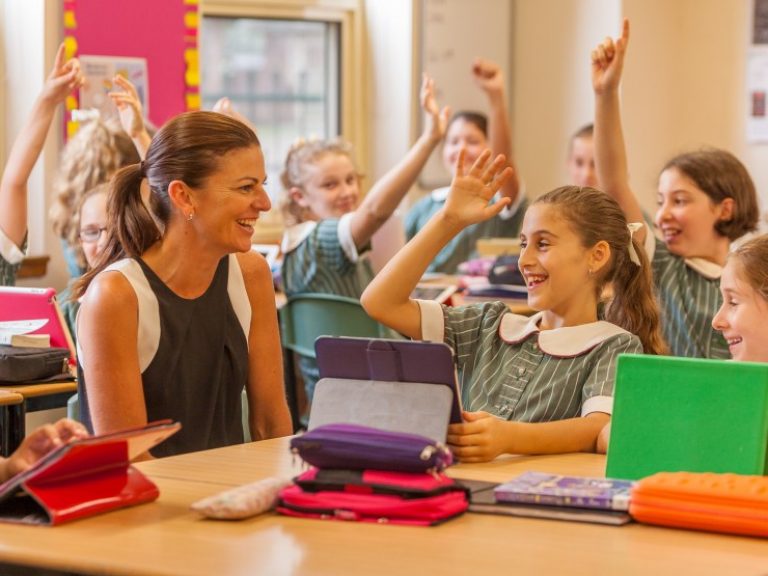After attending a professional learning session run by Skye Tyler, House Co-ordinator for Mundawora, on Positive Education which addressed three key areas- happiness, gratitude and mindfulness, I now feel far more informed about this important aspect of our student’s health and well being.
Initially, I was surprised by some of the statistics shared. For instance, in regards to happiness we tend to focus more on the negative than the positive and I wondered how to turn this around. Given that about 40% of our own state of happiness can be improved by making a habit of simple exercises such as reflecting regularly on what is going well in our lives, finding opportunities to express gratitude, performing acts of kindness, offering validation to others and discovering and playing to your character strengths, I decided to trial this with family first and found that some of the negative interactions have been eliminated as we share the positives in our lives.
As mental health of young people is regarded amongst the most important health issues facing young people today and schools play an important role in a student’s overall well being, I now better understand how we can provide strong support networks for our students. Positive psychology is about resilient thinking and using positive processes to help get through negative experiences.
We looked at the PERMA model of Positive Emotion, Engagement, Positive Relationships, Meaning and Accomplishment/Achievement and how positive psychology could be implemented into mentoring sessions at the College. We also learned the importance of students building an understanding of their character strengths so they can call on their signature strengths when faced with challenges. In addition, students should be encouraged to build on positive emotions as those who regularly practiced gratitude experienced a number of social, physical and psychological improvements. Finally, teaching students how to be ‘mindful’ is a known treatment for anxiety and depression, helping students to feel calmer, less stressed and more focused.
Deborah Bachmann
TAS Coordinator



